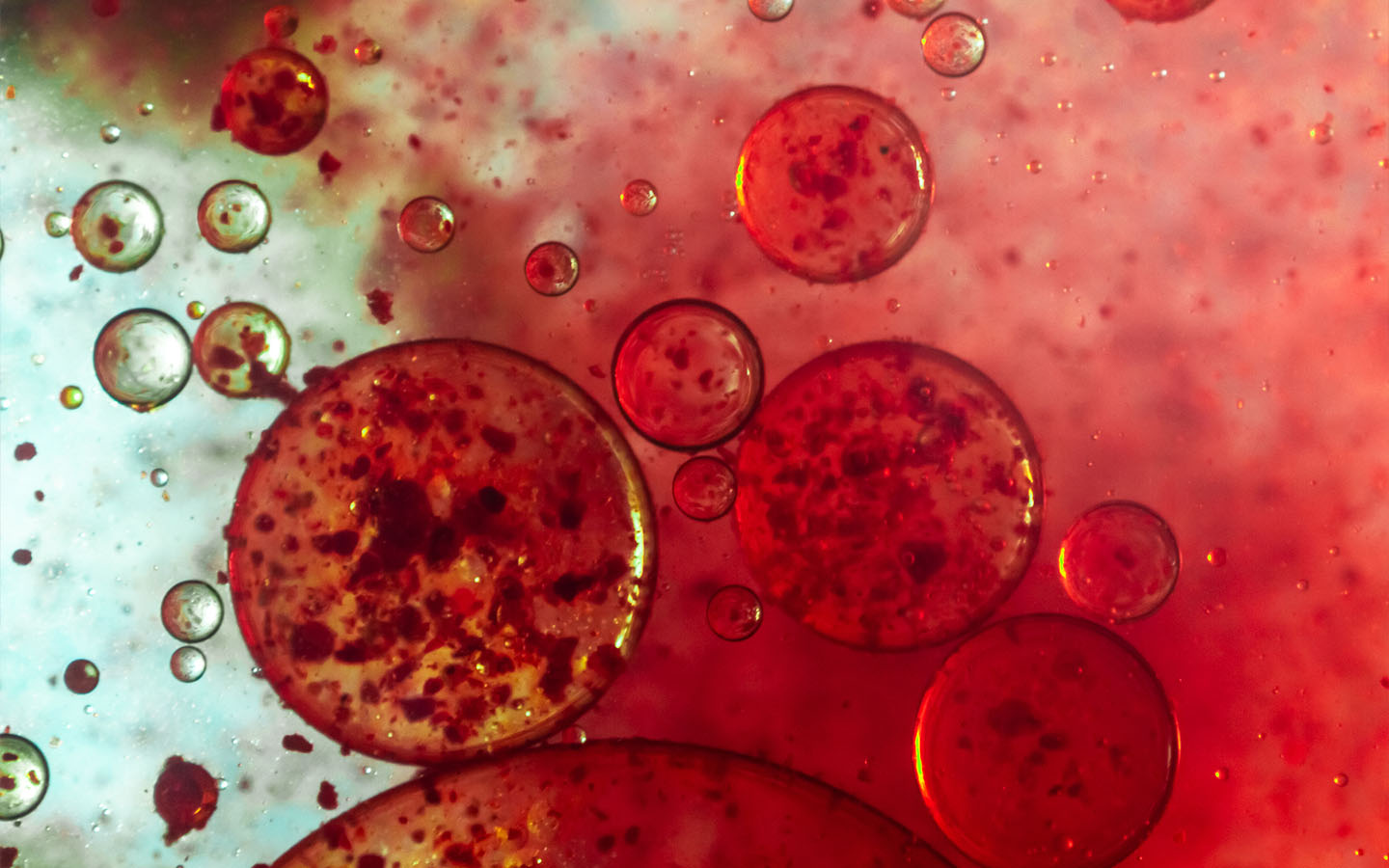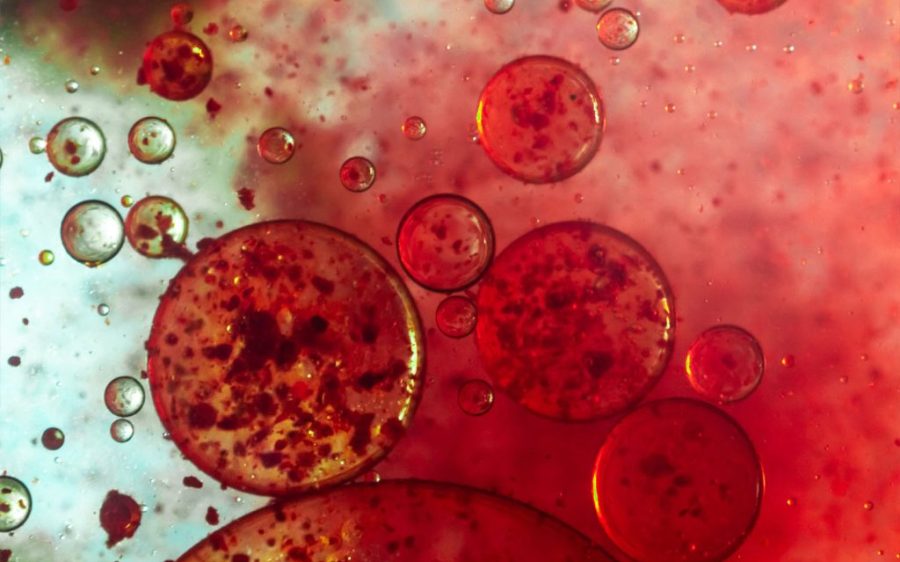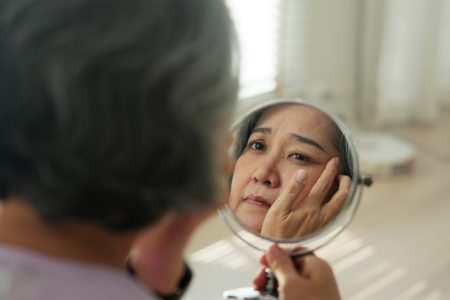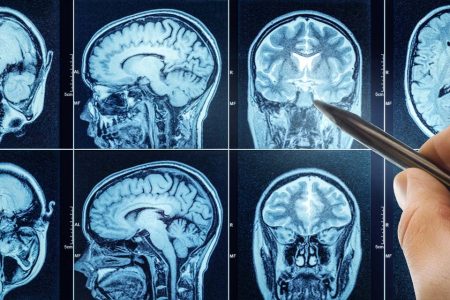Researchers spent a decade trying to prove why some superbugs are immune to antibiotics, but a new science-focused AI tool was able to replicate the results in just two days, according to a press release from Imperial College London.
Google recently published the first test results of its AI co-scientist system, in which researchers from a small group of top-tier universities were asked to submit a question that would help them make progress in their field of biomedical research.
Imperial, recognising that a novel question could potentially take years to validate, instead offered up a question which had been recently answered by Professor José R Penadés and his team of microbiologists. Penadés gave the AI co-scientist a short prompt asking about the core problem of his team’s research. Within 48 hours, it not only reached the same conclusion, it offered four more less likely but still plausible hypotheses.
Once Penadés got over the shock – and confirmed with Google that it had not accessed his computer directly, given the results of his team’s work had not been published anywhere – he saw the incredible potential of the tool. Not only would it save time, allowing human scientists to move faster to the validation process, it also generated one hypothesis that Penadés’ team had never even considered. “[We’re] now working on that,” he said.
Penadés’ team spent a decade investigating how some superbugs (dangerous germs that are antibiotic-resistant) are created. The hypothesis they developed and validated through laboratory experiments holds that superbugs can form tails from different viruses that allow them to spread between species, using it as a type of skeleton key that allows them to move from host to host.
[See more: Experts push for responsible development of ‘AI consciousness’]
As its top response, Google’s AI co-scientist offered the same hypothesis. “I feel this will change science, definitely,” Penadés told the BBC. “I’m in front of something that is spectacular, and I’m very happy to be part of that.”
Penadés understands why others might worry that jobs will be eliminated, but he sees AI as a “powerful tool” allowing human scientists to do more with less time. Google itself says that the AI co-scientist system is purpose-built for collaboration.
Researchers at the internet giant expect the tool to accelerate scientific discovery and boost scientific collaboration, decreasing the amount of time needed to, for instance, conduct detailed literature reviews in fields with which a team might not be immediately familiar. This could speed up discovery times, opening up the possibility of more discoveries and lower barriers to entry for new research scientists. Reduced timelines may also lower costs, opening up areas of research that might otherwise be overlooked as too niche for the costs involved.
“Laboratory science is resource-intensive, and with global challenges like antimicrobial resistance looming, it’s clear we need to do more with less and speed up new discoveries,” Penadés explained.
His colleague, Dr Dias da Costa, who co-led the experimental work from Imperial’s Department of Life Sciences and the validation work with the Fleming Initiative using Google’s AI co-scientist system, sees the AI as having potential to make that possible. “If the system works as well as we hope it could, this could be game changing; ruling out dead ends and effectively enabling us to progress at an extraordinary pace.”






